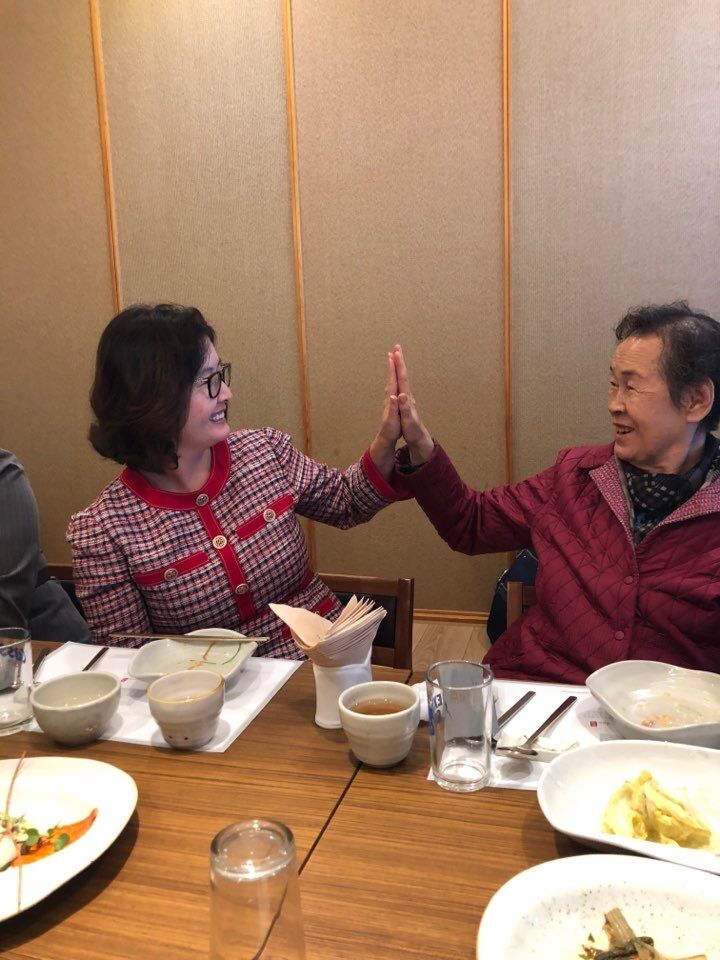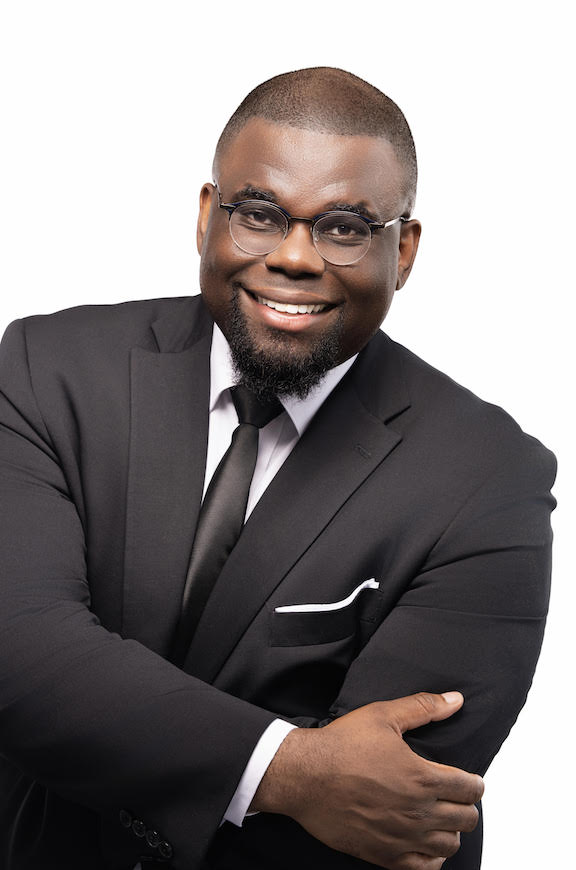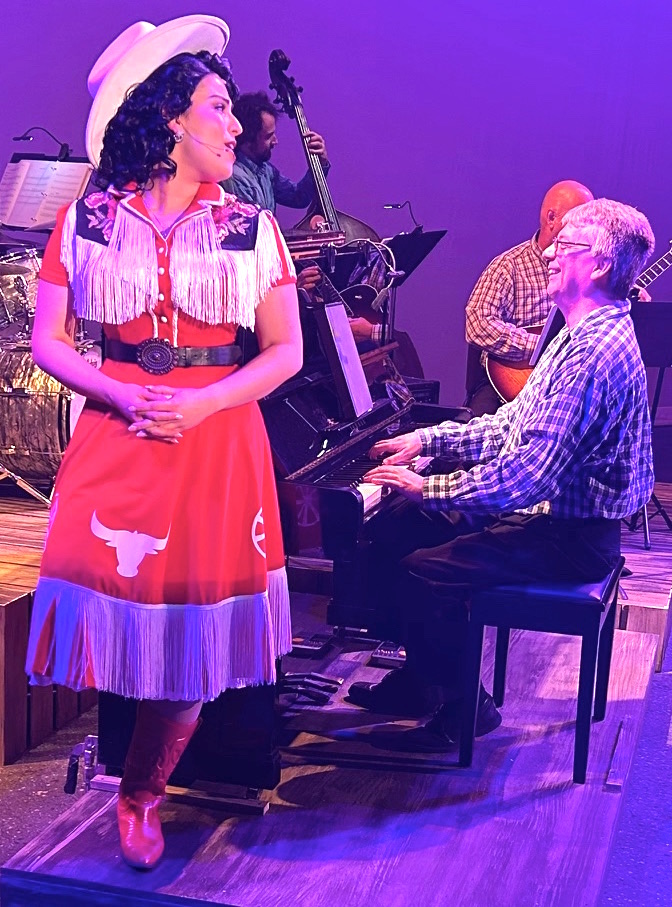‘Becoming Korean’: Former S.Ga. woman writes memoir
Published 7:00 am Tuesday, December 27, 2022

- Amy Gilbert was reunited with her birth mother after she turned 50 years old; she said, ‘I’d like to give hope to Korean adoptees, to know it’s not too late.’
VALDOSTA — Amy Gilbert was adopted from Korea in 1974 and raised in a predominantly white and Black neighborhood in Gainesville, Florida.
“I had a normal American childhood. I was the only Asian in my school,” she said. “At the age of 33, I met my first Korean in Valdosta when my children were asked to be in the Asian Culture Festival.”
Trending
Gilbert said that years would go by and she would run into a few people here and there but still had no connection with the country.
Her husband, Mark, suggested they travel to Korea for the 2018 Winter Olympics to celebrate their 25th anniversary, and that’s when Gilbert decided to begin her search for her biological mother.
“I went through adoption paperwork to find the address of the orphanage. When we arrived in Korea, our tour guide took us to the address which was now the office of Korea Social Services,” Gilbert said. “The social services told me that my brother had looked for me a few years prior. Once we left, the translator told me that the social services said they were going to search for my birth parents.”
She returned to Valdosta not thinking anything would come from the visit. On Aug. 1, she received an email with pictures from her brother. Three days later, a phone call from a translator connected her to him.
“I spoke to my brother, Huiwon, who I learned was my playmate as a child,” she said. “He was so grateful to find me because he lost his little sister, playmate, and his status as the older brother.”
On the phone call with her brother, Gilbert learned she had two older sisters, Hyosuk and Kyungsuk, who were excited to meet her and wanted her to travel back to Korea.
Trending
Gilbert said, “I did not see myself going back at that time but I was able to arrange for my brother and sisters to visit us in the United States for Thanksgiving.”
Gilbert and her family met her biological family at the airport in November 2018.
After meeting her siblings, Gilbert wanted the opportunity to learn about and know her mother.
In May 2019, she traveled back to Korea where she stayed with her sister and visited for a longer period of time. Her siblings arranged a family meeting with uncles and aunts who shared her mother’s interests.
She said, “I left feeling satisfied and knowing she was a good person.”
On a later visit in 2019, one of her uncles who had not spoken to her biological mother in eight years, was able to call and she answered; he said “your daughter is in Korea.”
Gilbert said she met her biological mother with tears of joy.
“At this time I had begun to learn Korean and as soon as my mother saw me she said ‘I am sorry.’ I handed her a note that my sister had helped me write letting her know I forgave her,” she said. “I told her I lived a great life in America and I wanted to get to know her. I could see a burden lifted from her.”
Gilbert heard the story of her birth from her mother and now has a relationship with her birth family.
She said, “They completely embraced me as family. Now I call her ‘omma,’ which means mom in Korean.
“In the past six decades about 200,000 South Koreans, most placed with white parents in the U.S. and Europe during the 1970s and ’80s,” Gilbert said. “It’s not too late. I was 50 when I met my biological mom and I was able to connect to my heritage.”
In her book, “Becoming Korean: A Memoir,” Gilbert shares the story of her journey, and sometimes struggle, to embrace the nation and the heritage of the country that gave her up for adoption.
“I worked on this book for three years to give hope to Korean adoptees and other biracial adoptees that think it is too late,” she said. “I might have a grandchild that looks Asian but neither parent does so I started writing the genealogy for future generations and I just kept writing.”
Gilbert gave birth to three of her children at South Georgia Medical Center and she and her husband adopted their fourth child. All four of her children attended Valdosta City Schools.
After 20 years in Valdosta, the family moved to Jacksonville, Fla., where Mark, is a partner at Coleman Talley Jacksonville.
The book describes how she is re-discovering the culture, language, and family that were lost and forgotten. She shares her joys and losses of being adopted, living in America, and Becoming Korean.
“Becoming Korean: A Memoir” is available for purchase digitally or hardback on Amazon.





